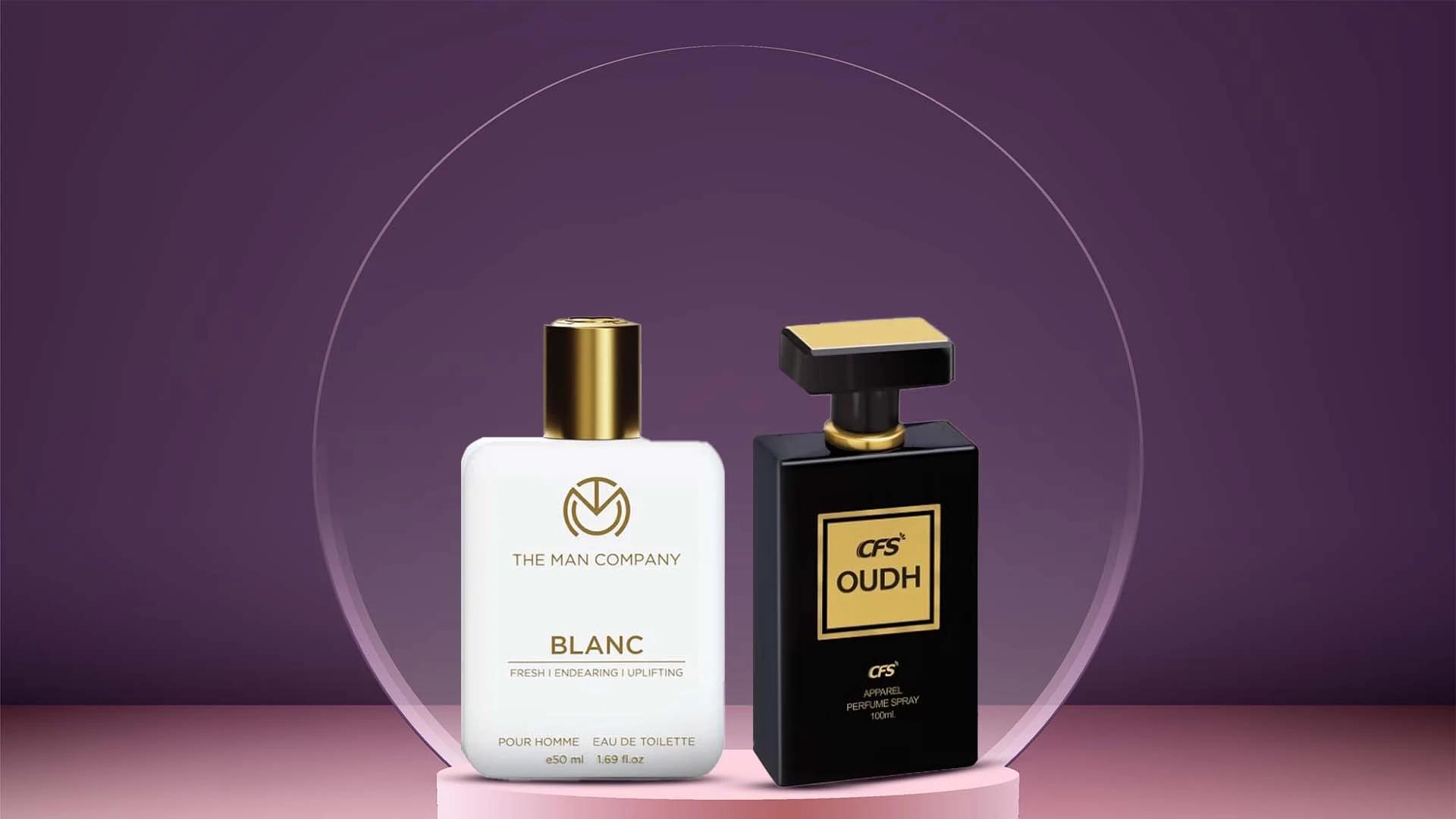When to Rotate Your Fragrances
Rotating fragrances prevents nose blindness and keeps your collection feeling fresh. Switch based on seasons, moods, or occasions. It also helps you rediscover forgotten favourites that might surprise you all over again.
The Global Fragrance Market
The global fragrance scene is absolutely fascinating. Different cultures have completely different relationships with scent, and understanding these differences opens up a whole world of olfactory experiences that you might never have considered.
Fragrance World Perfumes in India
India has such a rich fragrance heritage, from traditional attars to modern interpretations of classic scents. The Indian market has really embraced both international brands and local artisans who create beautiful, culturally-inspired fragrances.
The Dubai Fragrance Scene
Dubai has become a major fragrance destination, especially for oud and Middle Eastern-inspired scents. The city's position as a cultural crossroads means you'll find everything from traditional Arabian perfumes to cutting-edge international releases.
Emerging Markets and Future Trends
New markets are bringing fresh perspectives to fragrance. Sustainable ingredients, personalised scents, and digital fragrance experiences are all shaping where the industry is headed. It's an exciting time to be exploring fragrances.
Frequently Asked Questions
What is the difference between eau de parfum and eau de toilette?
Eau de parfum has a higher concentration of fragrance oils (usually 15-20%) making it stronger and longer-lasting. Eau de toilette has a lower concentration (5-15%) making it lighter and more suitable for daytime wear.
How long does a typical perfume last on the skin?
This really depends on the concentration and your skin type, but generally expect 4-8 hours. Eau de parfum typically lasts longer than eau de toilette, and oily skin tends to hold fragrance longer than dry skin.
Can I layer different fragrances?
Absolutely! Fragrance layering can create unique, personalised scents. Start with complementary fragrances from the same family, or try layering a simple base scent with something more complex on top.
How do I choose a fragrance for someone else?
Pay attention to what they already wear and enjoy. If they love fresh, clean scents, avoid heavy oriental fragrances. When in doubt, lighter, more universally appealing fragrances are usually safer choices.
Are there any hypoallergenic perfumes available?
While no perfume is 100% hypoallergenic, some brands create fragrances specifically for sensitive skin using fewer common allergens. Look for products labelled as suitable for sensitive skin or consider fragrance-free alternatives.
Final Thoughts
Mastering the fragrance world perfumes isn't about memorising every note or owning dozens of bottles. It's about understanding what works for you, appreciating the artistry behind each creation, and having fun with the discovery process. Whether you're drawn to niche perfumes, fascinated by oud fragrances, or just want to find that perfect signature scent, remember that fragrance is deeply personal. What smells amazing on your friend might not work for you, and that's perfectly fine. The beauty of fragrances lies in their ability to evoke memories, boost confidence, and express parts of your personality that words can't capture. So take your time, trust your nose, and enjoy exploring this wonderfully scented world.

 80 ml
80 ml Combo
Combo 100 ml
100 ml 100 ml
100 ml